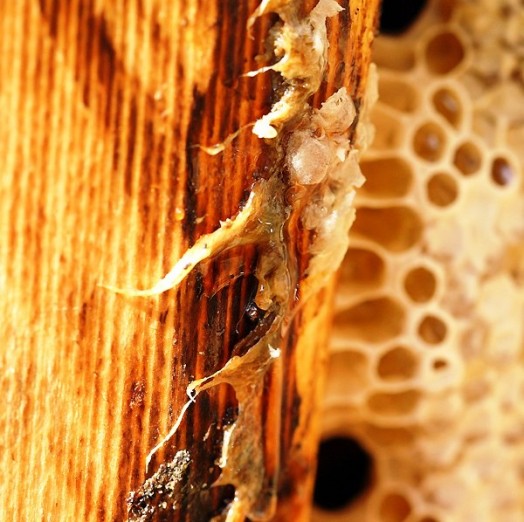Haunted houses, witches, goblins and super-hero costumes bring smiles and scares during Halloween. It's a wonderful time of the year to allow your imagination to go wild and have fun!
For parent's of children with seasonal allergies, food allergies and asthma there are potential dangers lurking in trips to the pumpkin patch, makeup, Halloween candy, and party treats.
What are some tips so you can enjoy all the Halloween fun when you have food allergies and asthma?
1) Do your kids have food allergies? Don't be Scared, Be Prepared!
- Feed your kids dinner before going trick-or-treating. That way they won't be tempted to eat candy before you have a chance to check it for potential allergens.
- Talk to your neighbors. Provide them with "safe" treats specifically for your children.
- Throw your own Halloween party so you can "control" the types of treats provided.
- Talk to you kids about not eating candy until you've had a chance to inspect it.
- Make sure they have emergency medication including auto-injectable epinephrine & a cell phone when they are trick or treating just in case there is an accidental exposure.
- Make sure your children take there maintenance medication before they head out to the farm. Hay, leaves, and mold can often trigger an attack.
- Bring albuterol and extra anti-histamines along with you.
- Use scarfs to warm up cold fall air to help prevent asthma
- Listen for warning sounds- sneezing, runny nose, and coughing are signs that a reaction is happening.
- Use care with Halloween make up if your child has eczema. Harsh chemicals and dyes can often trigger an eczema flare.
- Masks are great a great addition to a costume, but also mask if you're child is having an allergic reaction. They can also make it difficult to breath if your child has asthma. Use costumes with glasses, wigs, hoods, and funny hats instead.
- Is your child sensitive to latex? Be sure to read the costume labels carefully to avoid potential exposure.
Want more tips- call the office 212-679-3574 for an appointment or book on line.
Most of all Happy Halloween!

